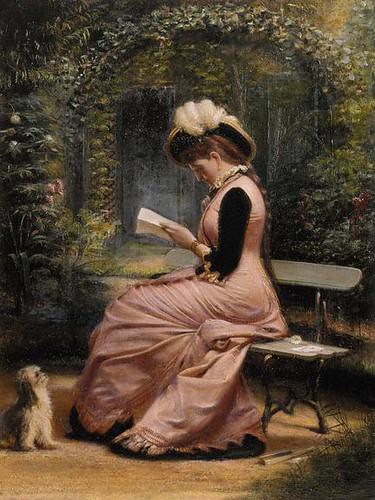
Psychologists have been interested in learning since the founding of the school of psychology called behaviourism by John B. Watson (1878-1958). The behaviourists thought that the proper subject matter for psychology was overt(observable) behaviour. They emphasized the objective, scientific study of the effect of experience on behaviour.
Learning is defined as a change in behaviour due to experience, when the behaviour change cannot be explained by instinct, maturation or temporary states of the organism. The key word in the definition of learning is experience. Instinct is excluded form the definition of learning. Instinctual behaviours are those that occur because of the inherited nature of an organism. Maturation is excluded from the definiton of learning . Matruational changes are those that develop from growth due to developmental processes. Temporary states are excluded from the definition of learning. Illness and drug-induced changes are examples of temporary states.
The history of learning theory spans most of the twentieth century. The early learning theorists worked in the behaviourist tradition. Hence, their learning research emphasized the scientific analysis of behaviour change as a result of experience. Much of the work was done in laboratories with non-human animals. In more recent times, learning theorists have applied their findings to human behaviour, and especially to the therapeutic treatment of people with psychological disorders.
The two basic(fundamental)examples of behaviour change as a result of experience areclassical conditioning and operant conditioning. A third type of learning that explains human behaviour is observational learning, also known as modelling.
Learning is defined as a change in behaviour due to experience, when the behaviour change cannot be explained by instinct, maturation or temporary states of the organism. The key word in the definition of learning is experience. Instinct is excluded form the definition of learning. Instinctual behaviours are those that occur because of the inherited nature of an organism. Maturation is excluded from the definiton of learning . Matruational changes are those that develop from growth due to developmental processes. Temporary states are excluded from the definition of learning. Illness and drug-induced changes are examples of temporary states.
The history of learning theory spans most of the twentieth century. The early learning theorists worked in the behaviourist tradition. Hence, their learning research emphasized the scientific analysis of behaviour change as a result of experience. Much of the work was done in laboratories with non-human animals. In more recent times, learning theorists have applied their findings to human behaviour, and especially to the therapeutic treatment of people with psychological disorders.
The two basic(fundamental)examples of behaviour change as a result of experience areclassical conditioning and operant conditioning. A third type of learning that explains human behaviour is observational learning, also known as modelling.
No comments:
Post a Comment